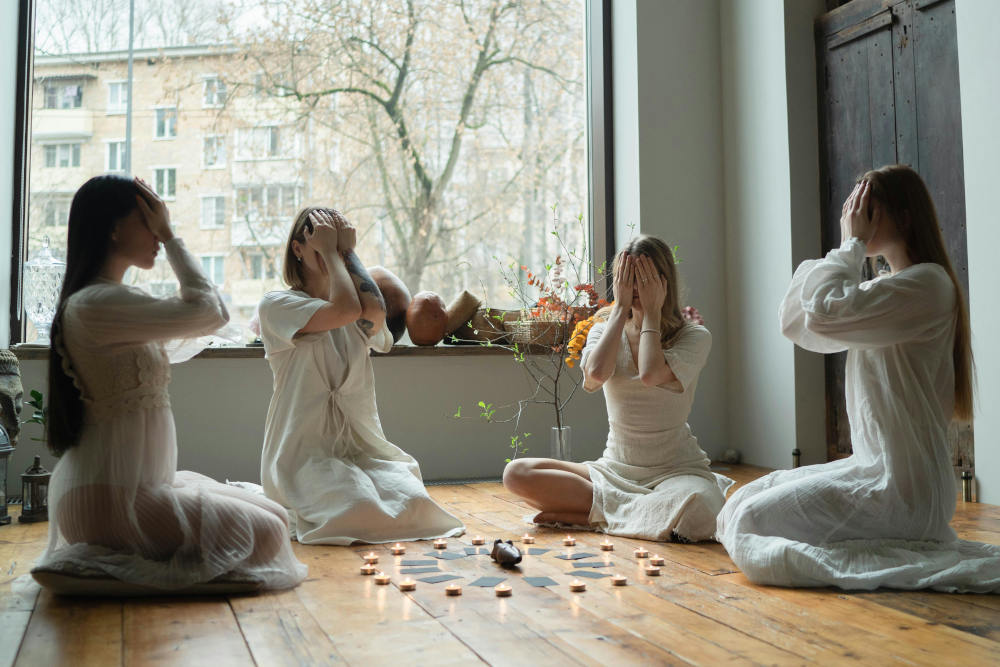
Wicca and witchcraft are often used interchangeably in popular culture, but they are not the same thing. While Wicca is a modern religion, witchcraft is a practice that exists across many different cultures, religions, and belief systems. Not all witches are Wiccans, and not all Wiccans consider themselves witches. The distinction between the two is essential for understanding how modern spiritual paths are evolving and how misconceptions can cloud public understanding.
Panaprium is independent and reader supported. If you buy something through our link, we may earn a commission. If you can, please support us on a monthly basis. It takes less than a minute to set up, and you will be making a big impact every single month. Thank you!
Understanding Wicca
What Is Wicca?
Wicca is a modern Pagan religion that emerged in the mid-20th century. It was popularized by Gerald Gardner in the 1950s, who claimed it was a survival of ancient witchcraft traditions. While those claims have been debated, Wicca grew rapidly in popularity, especially in English-speaking countries.
Wicca emphasizes the divine in nature, balance between masculine and feminine energies, and spiritual growth through rituals, seasonal celebrations, and magic. It is one of the fastest-growing Pagan religions and is recognized in several countries as a legitimate spiritual path.
Core Beliefs of Wicca
-
Duotheism: Most Wiccans honor a Goddess and a God. These deities may be seen as archetypes, actual beings, or symbols of natural forces.
-
The Wiccan Rede: “An it harm none, do what ye will.” This ethical guideline promotes freedom with personal responsibility.
-
The Threefold Law: The belief that whatever energy you put into the world—positive or negative—returns to you threefold.
-
The Wheel of the Year: Wiccans celebrate eight seasonal Sabbats (e.g., Samhain, Yule, Beltane) that reflect the Earth’s natural cycles.
-
Magic: Rituals, spells, and symbolic tools are used to align with natural forces and manifest intentions.
Types of Wicca
Wicca includes both initiatory traditions like Gardnerian and Alexandrian Wicca (which require coven membership and training) and eclectic Wicca, which allows for more individual expression and solitary practice.
Understanding Witchcraft
What Is Witchcraft?
Witchcraft is a practice, not a religion. It involves the use of rituals, spells, charms, herbs, divination, and other techniques to influence or understand the world through spiritual or metaphysical means. Witchcraft has existed throughout history in many cultures, from European folk magic to African traditional religions to Indigenous shamanism.
People who practice witchcraft may or may not belong to any organized religion. Some witches are Wiccan, but many are non-religious, atheist, Christian, Jewish, or follow other spiritual paths.
Common Practices in Witchcraft
-
Spellcasting: Intentional use of symbolic acts to achieve a desired outcome.
-
Divination: Using tools like tarot cards, runes, or pendulums to gain insight.
-
Herbalism: Using plants and natural substances for healing and magical work.
-
Energy Work: Channeling, directing, or manipulating energy for various purposes.
-
Alchemy and Symbolism: Incorporating correspondences, sacred geometry, and elemental forces.
Witchcraft is often customized and personal, passed down through families or learned through books, teachers, and online communities.
Wicca vs Witchcraft: Key Differences
| Aspect | Wicca | Witchcraft |
|---|---|---|
| Definition | A modern Pagan religion with spiritual beliefs and ethical guidelines | A spiritual or magical practice that may or may not be tied to any religion |
| Origin | Developed in the 1950s by Gerald Gardner | Ancient, global, and cross-cultural in origin |
| Core Beliefs | Includes belief in a God and Goddess, the Wiccan Rede, and the Wheel of the Year | Varies; not necessarily religious or tied to specific beliefs |
| Moral Framework | Follows ethical principles like the Rede and the Threefold Law | Moral views differ widely; some witches follow personal or cultural ethics |
| Magic Use | Magic is a sacred spiritual practice, tied to religious rituals | Magic is central but not always spiritual or religious in nature |
| Religious Structure | Includes covens, initiations, and established rituals | Can be solitary or communal, with no formal structure required |
| Legal Status | Recognized as a religion in some countries | Considered a spiritual practice, not a religion |
Historical Roots and Cultural Context
Witchcraft Across History
Witchcraft has ancient roots in folk traditions, healing practices, and shamanism. Long before Wicca existed, people practiced forms of magic and nature worship in tribal and agrarian societies. In Europe, this included cunning folk, midwives, and herbalists who worked outside the Church’s authority and were often persecuted.
During the European witch hunts (15th–18th centuries), thousands of people—mostly women—were executed for alleged witchcraft, though historians now agree that these persecutions were fueled more by social and political fears than actual magical practices.
In non-Western contexts, witchcraft appears in:
-
African traditions like Vodou and Ifá
-
South American curanderismo and brujería
-
Asian shamanic and Taoist magic
-
Indigenous medicine and ceremonial practices
The Rise of Modern Wicca
Wicca emerged in a very different context—as a revival of pre-Christian spiritual beliefs combined with ceremonial magic, Theosophy, and folklore. It was shaped by figures like:
-
Gerald Gardner – often called the “father of Wicca”
-
Doreen Valiente – wrote much of the Wiccan liturgy
-
Raymond Buckland – brought Wicca to the U.S.
Wicca drew from sources like Western occultism, Freemasonry, the Golden Dawn, and Eastern philosophy. It was also influenced by Romanticism’s idealization of nature and the feminine divine.
Common Misconceptions
Myth 1: Wicca and Witchcraft Are the Same Thing
Truth: Wicca is a religion. Witchcraft is a practice. Wiccans may practice witchcraft, but many witches are not Wiccan.
Myth 2: All Wiccans Cast Spells
Truth: While many Wiccans use ritual and magic, some focus more on meditation, nature connection, and seasonal worship.
Myth 3: Witchcraft Is Satanic
Truth: Neither Wicca nor witchcraft involves worship of Satan. Satan is a figure from Christian theology and is not part of Pagan or Wiccan belief systems. Most witches do not even believe in Satan.
Myth 4: Wicca Is an Ancient Religion
Truth: Wicca is a modern religion inspired by ancient themes. Its rituals and beliefs are rooted in a mix of folklore, ceremonial magic, and modern Pagan ideals.
How Wicca and Witchcraft Intersect
Despite their differences, Wicca and witchcraft do overlap in meaningful ways:
-
Ritual and Symbolism: Both use rituals, altar tools (like athames, wands, candles), and symbolic language.
-
Nature Reverence: Both often honor the Earth, lunar cycles, and seasonal rhythms.
-
Empowerment: Both paths emphasize personal power, spiritual responsibility, and intentional living.
-
Magic and Manifestation: Whether religious or not, both paths use energy work, intention, and visualization.
Many modern practitioners identify as Wiccan witches, blending the religious aspects of Wicca with the magical practices of witchcraft.
Choosing Your Path: Wicca, Witchcraft, or Both?
If you’re exploring spirituality or magic, understanding the difference between Wicca and witchcraft can help clarify your goals.
-
You might be drawn to Wicca if:
-
You want a nature-based religion with defined beliefs and seasonal rituals.
-
You’re interested in duotheism or honoring both Goddess and God.
-
You appreciate a spiritual ethical code like the Wiccan Rede.
-
-
You might be more aligned with witchcraft if:
-
You want to explore magic, spellwork, or divination without religion.
-
You come from a different spiritual background (or none at all).
-
You prefer to mix and match traditions, symbols, and methods.
-
Some people find fulfillment in Wicca without witchcraft, focusing more on seasonal worship and spiritual meditation. Others practice witchcraft without Wicca, following no religion but working with energy, nature, and intention. And many do both.
Conclusion
While Wicca and witchcraft are closely connected, they are not the same. Wicca is a modern Pagan religion with specific beliefs and rituals, while witchcraft is a practice that transcends religions, cultures, and history. Some witches are Wiccans, but many are not. And some Wiccans never cast spells at all.
Understanding the differences and overlaps allows for deeper respect of both traditions. Whether you’re a seeker, a skeptic, or a spiritual explorer, it’s important to honor the diversity and personal expression that both Wicca and witchcraft offer in today’s world.
Sources:
-
Hutton, Ronald. The Triumph of the Moon: A History of Modern Pagan Witchcraft. Oxford University Press, 1999.
-
Valiente, Doreen. The Rebirth of Witchcraft. Phoenix Publishing, 1989.
-
Buckland, Raymond. Buckland’s Complete Book of Witchcraft. Llewellyn Publications, 1986.
-
Clifton, Chas S. Her Hidden Children: The Rise of Wicca and Paganism in America. AltaMira Press, 2006.
-
Pagan Federation – www.paganfederation.org
-
The Wild Hunt – www.wildhunt.org
Was this article helpful to you? Please tell us what you liked or didn't like in the comments below.
About the Author: Alex Assoune
What We're Up Against
Multinational corporations overproducing cheap products in the poorest countries.
Huge factories with sweatshop-like conditions underpaying workers.
Media conglomerates promoting unethical, unsustainable products.
Bad actors encouraging overconsumption through oblivious behavior.
- - - -
Thankfully, we've got our supporters, including you.
Panaprium is funded by readers like you who want to join us in our mission to make the world entirely sustainable.
If you can, please support us on a monthly basis. It takes less than a minute to set up, and you will be making a big impact every single month. Thank you.



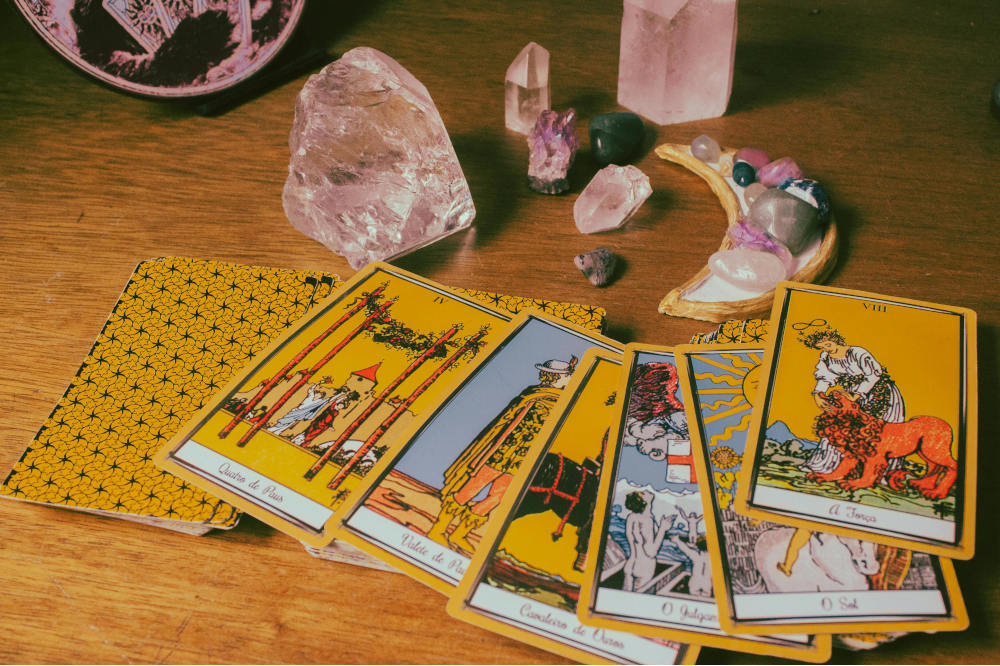
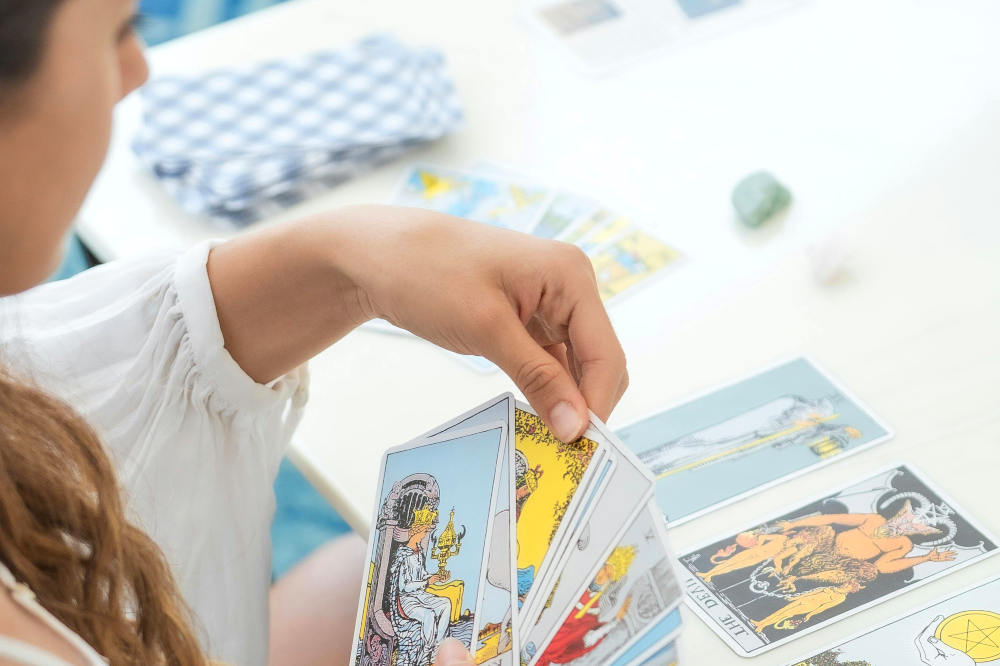
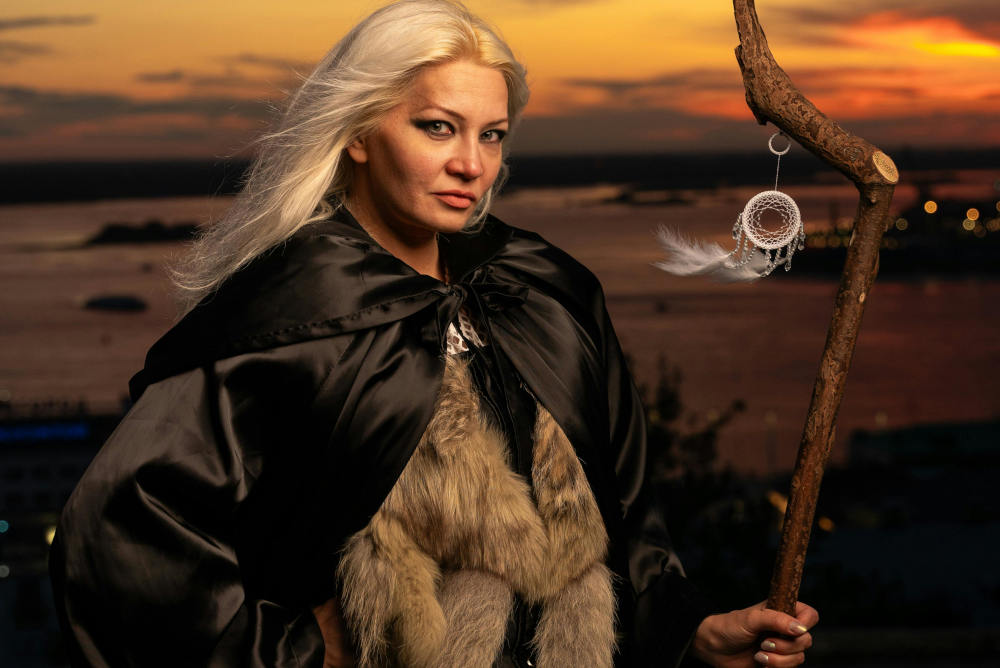
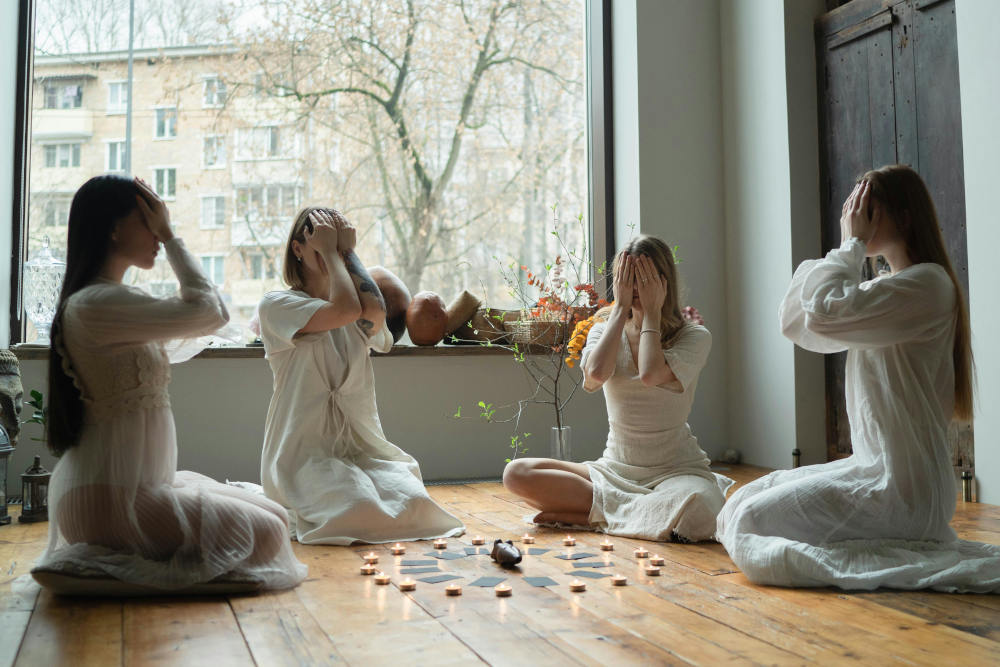
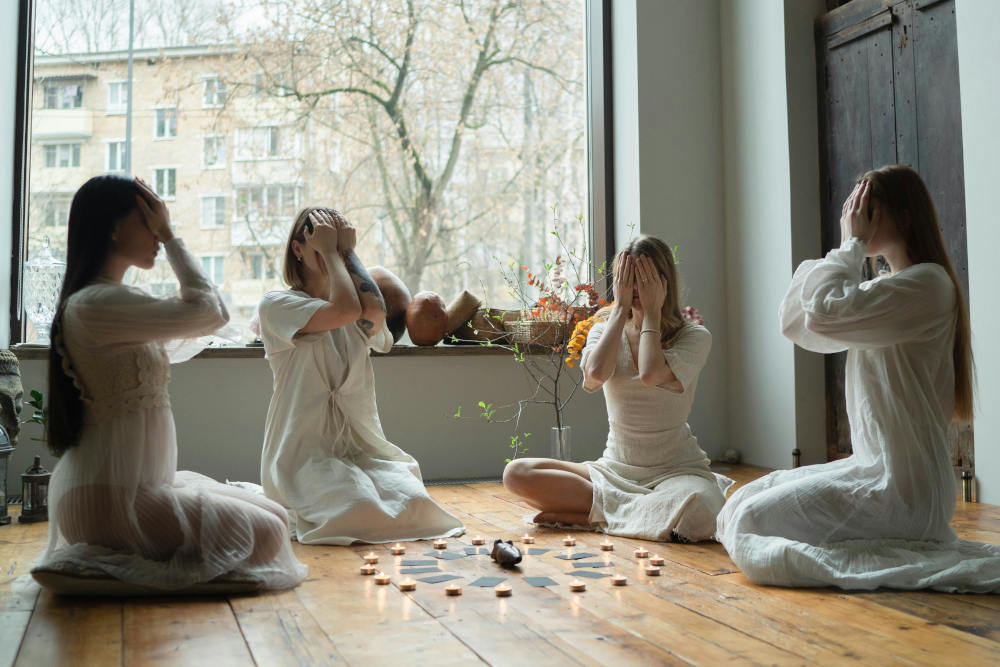
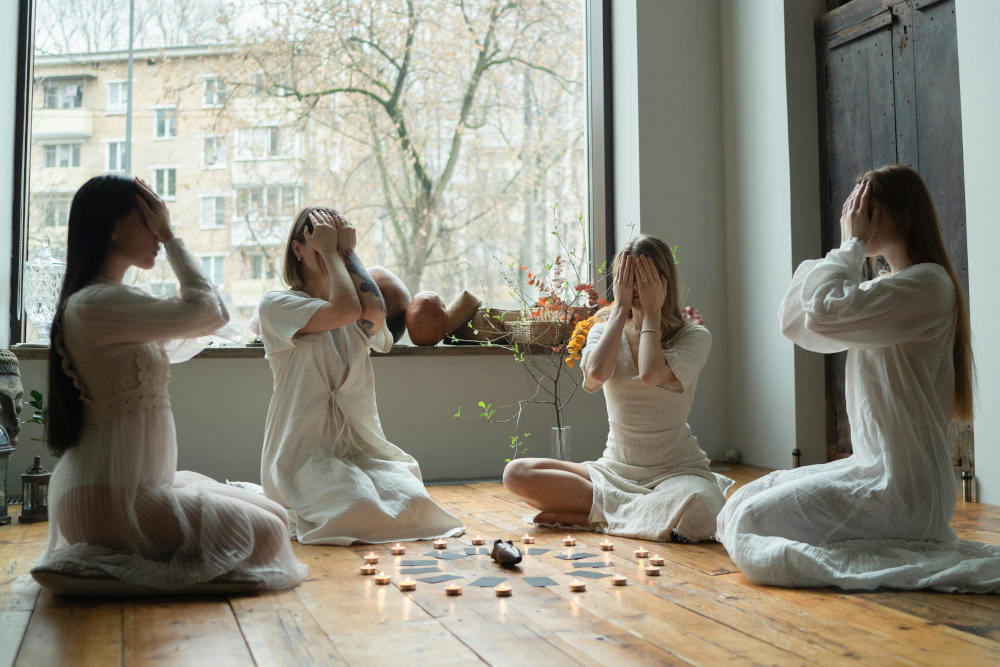


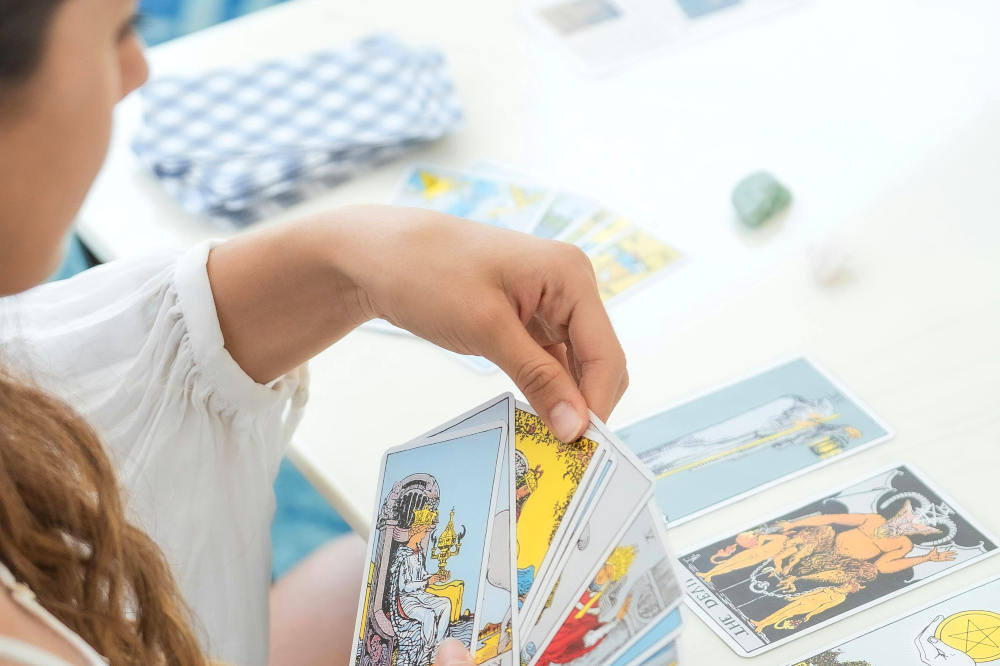



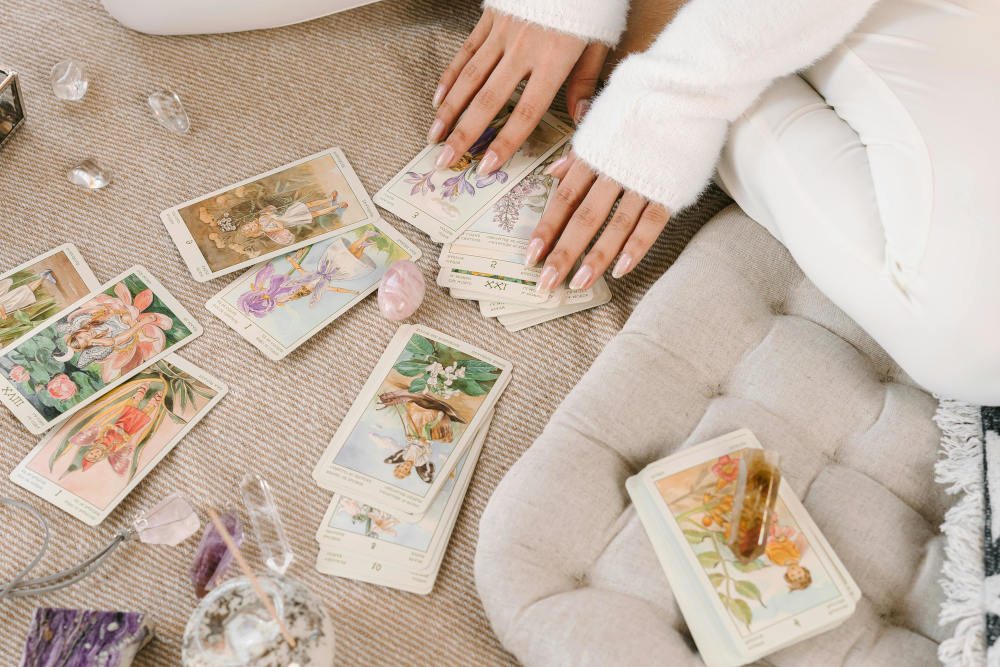
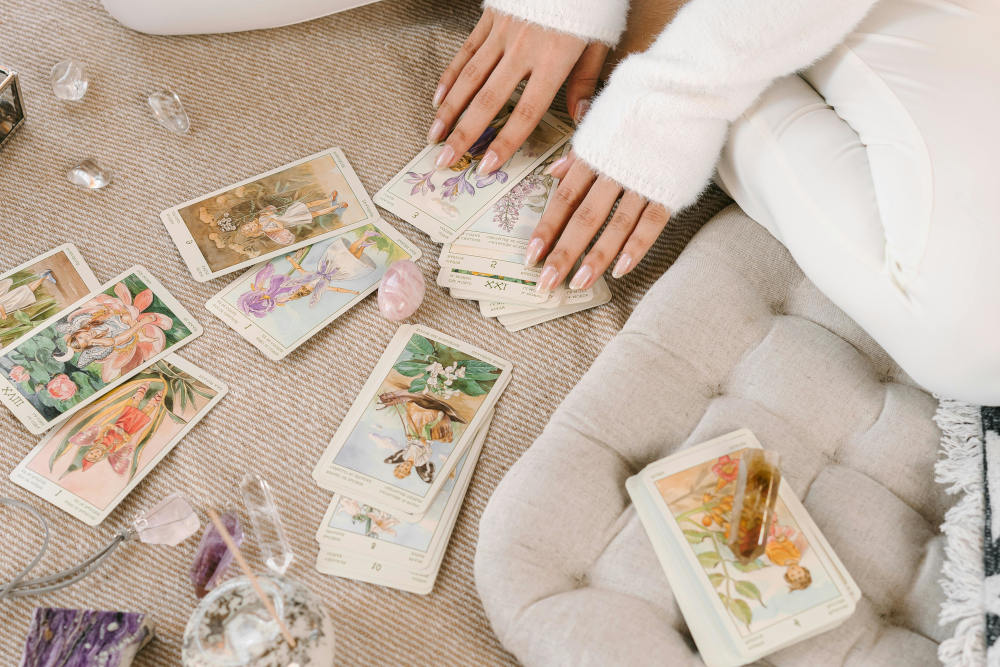
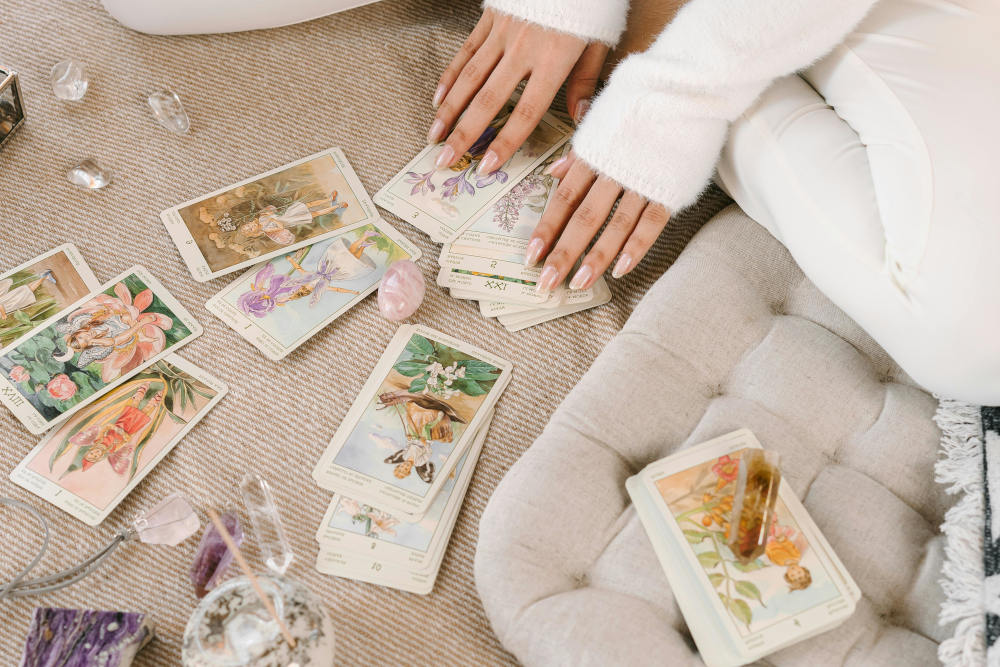
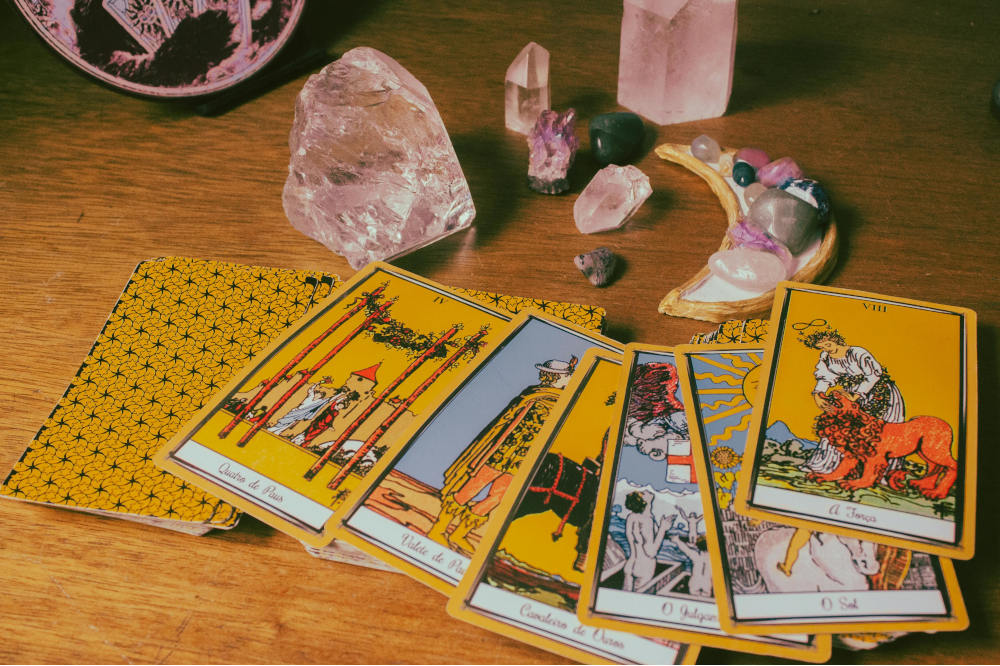
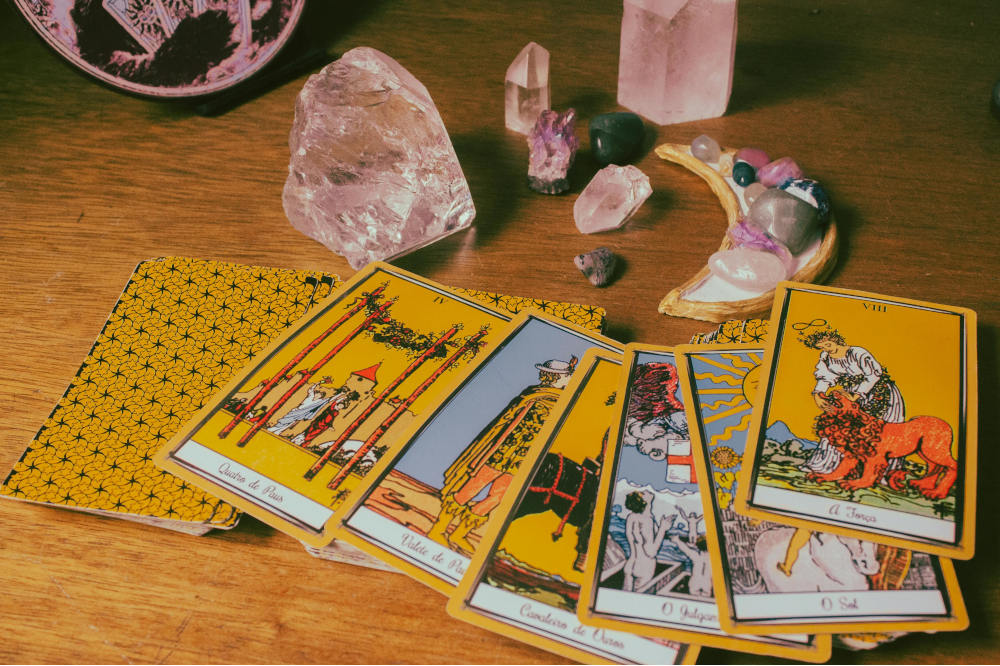
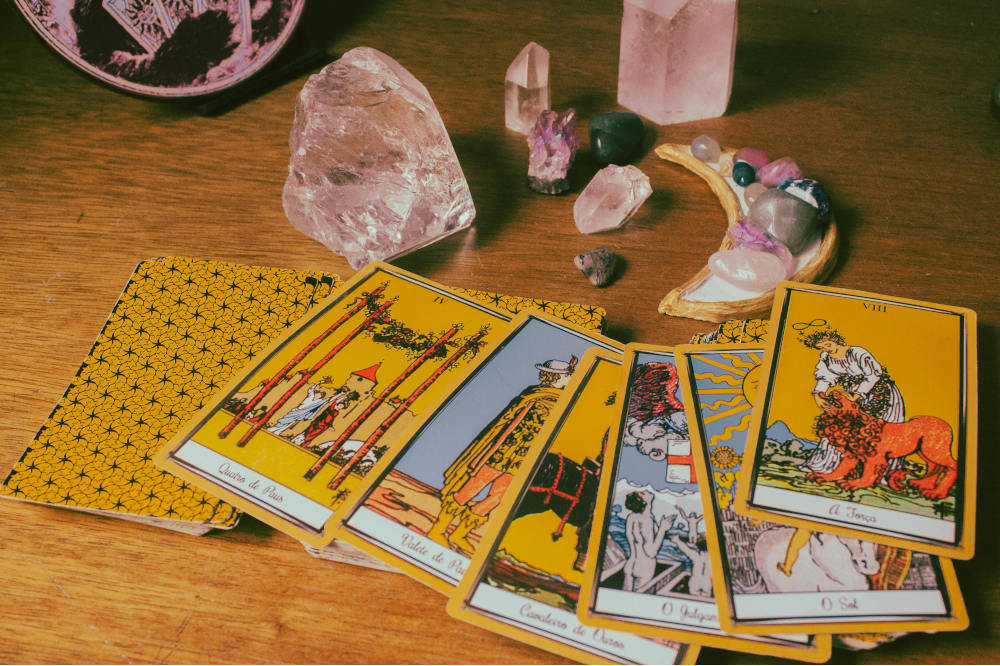
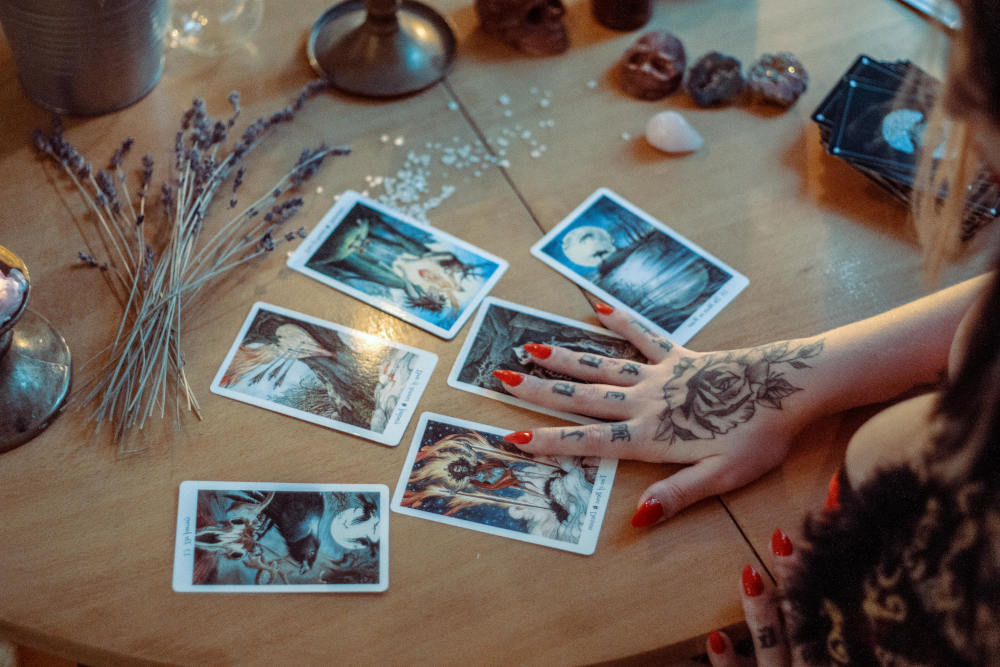
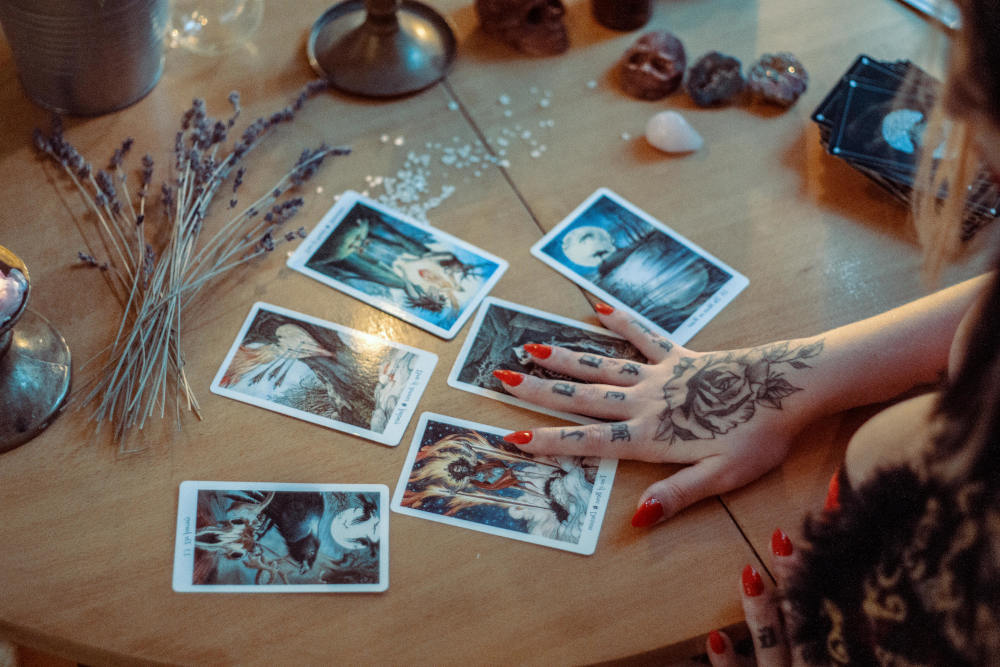
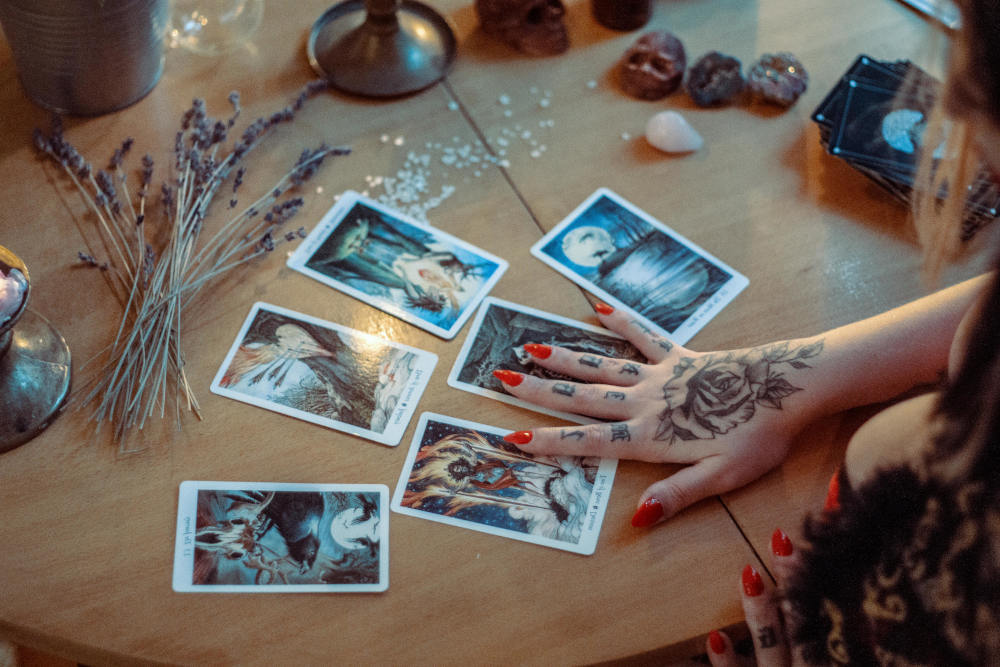
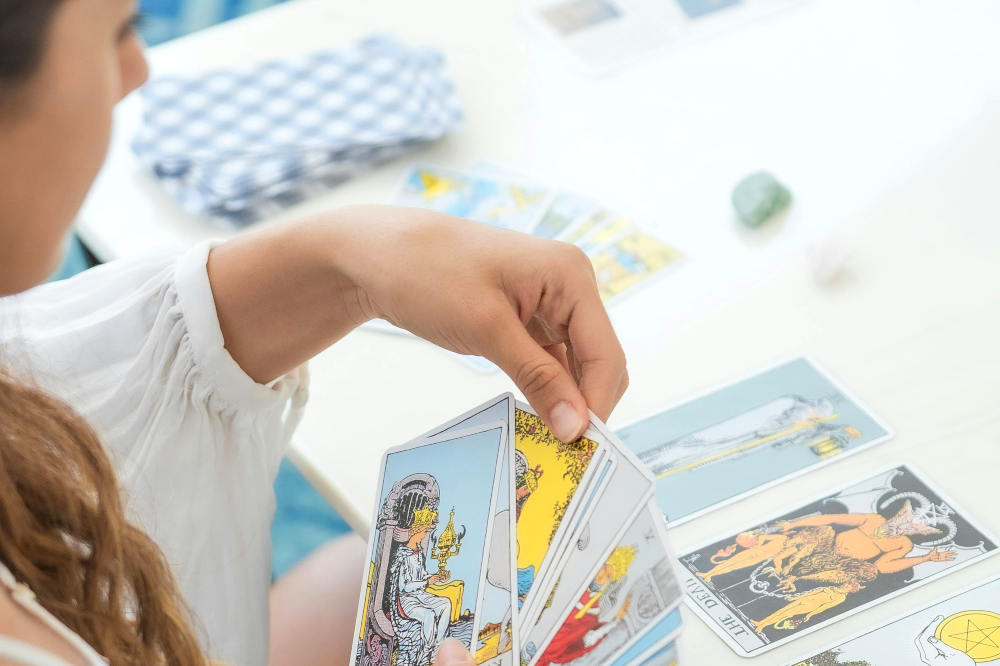
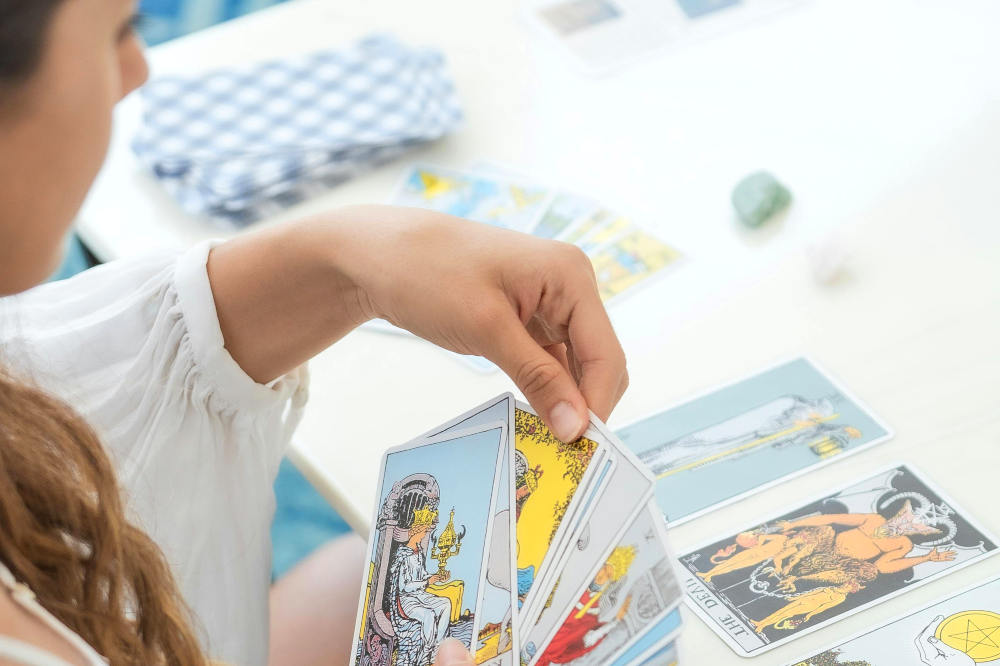
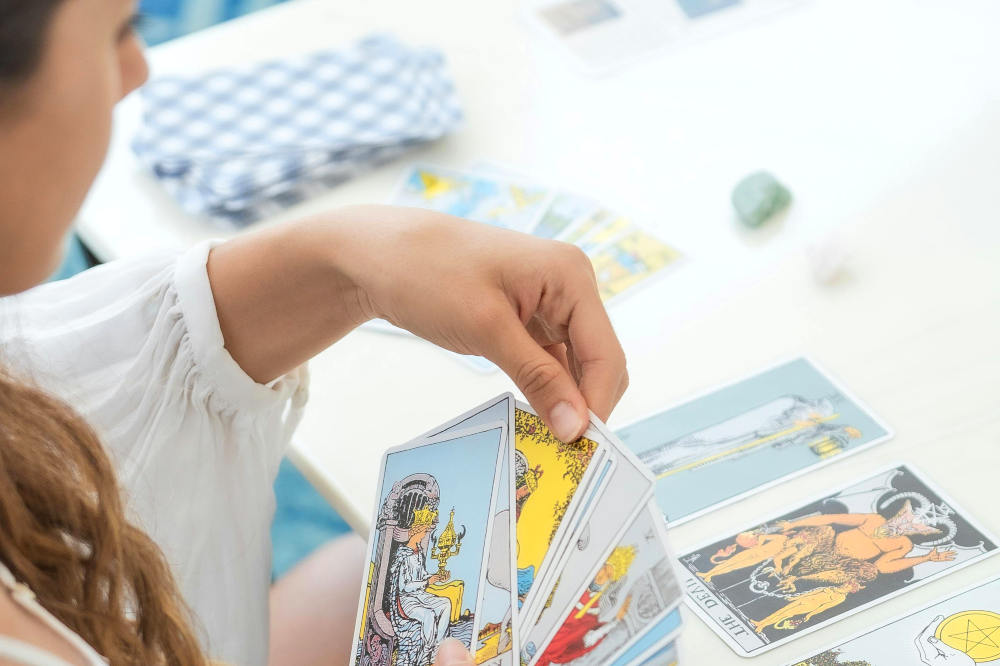
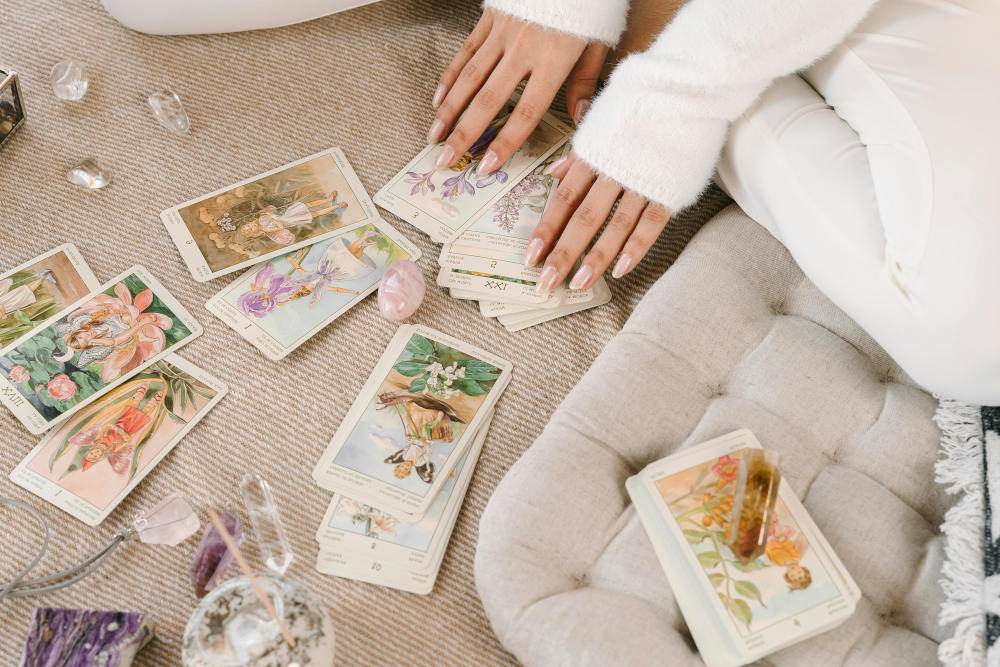
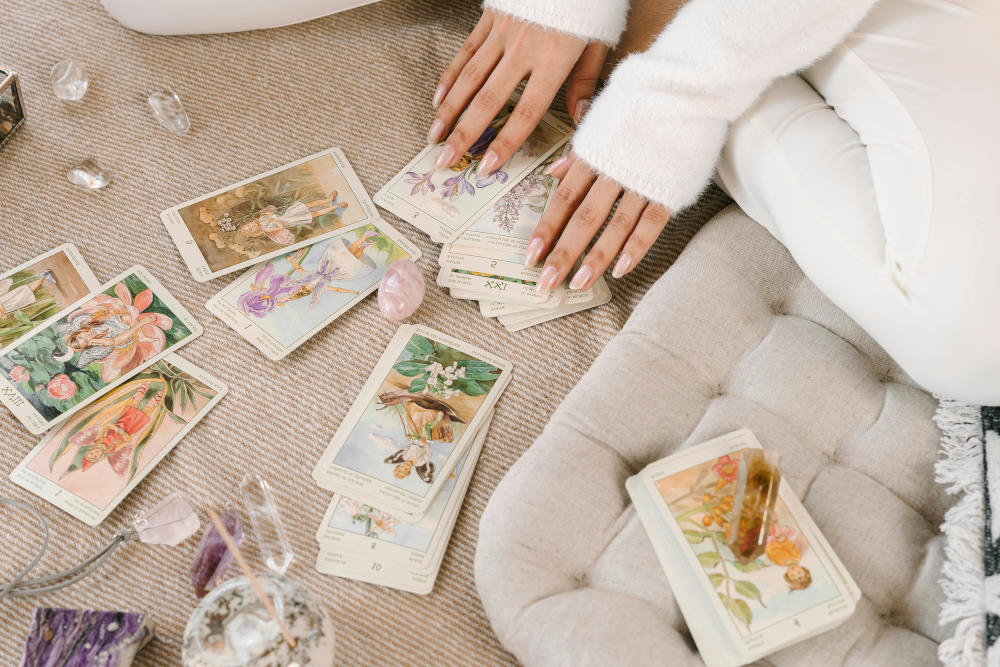
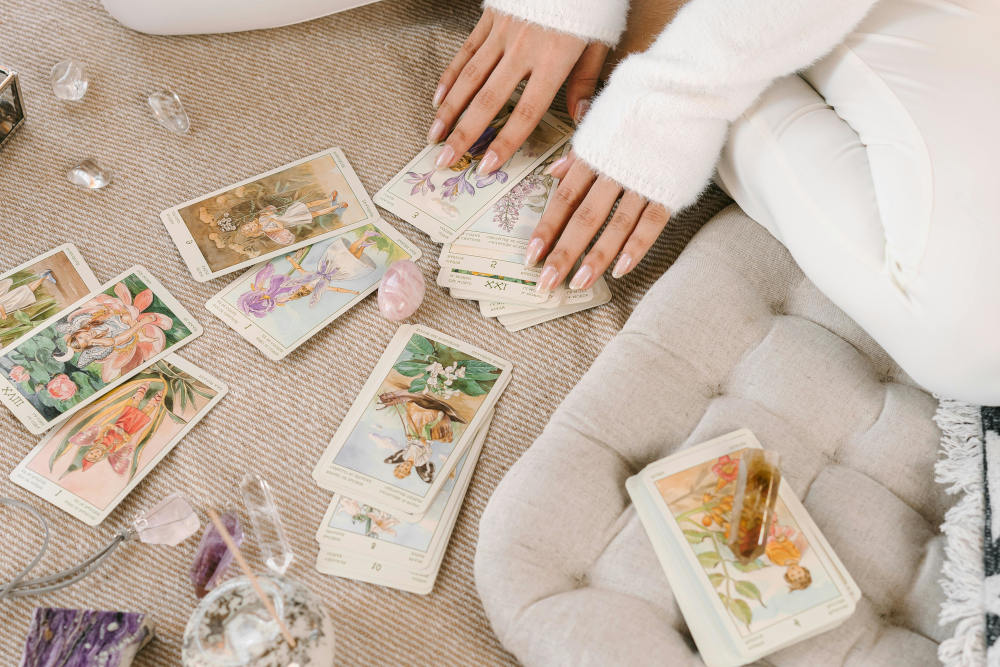
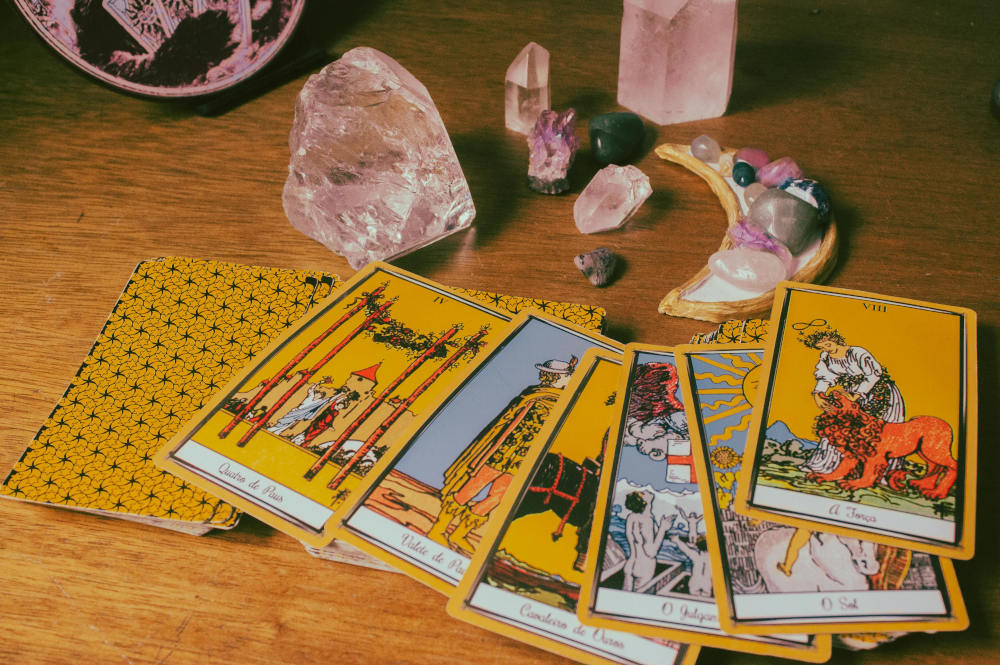
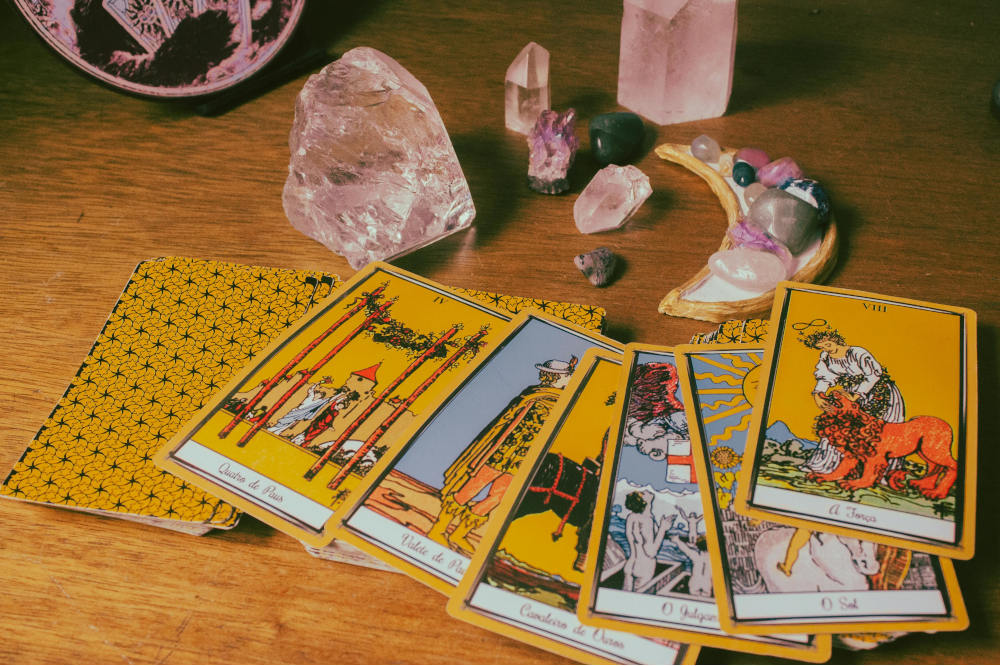
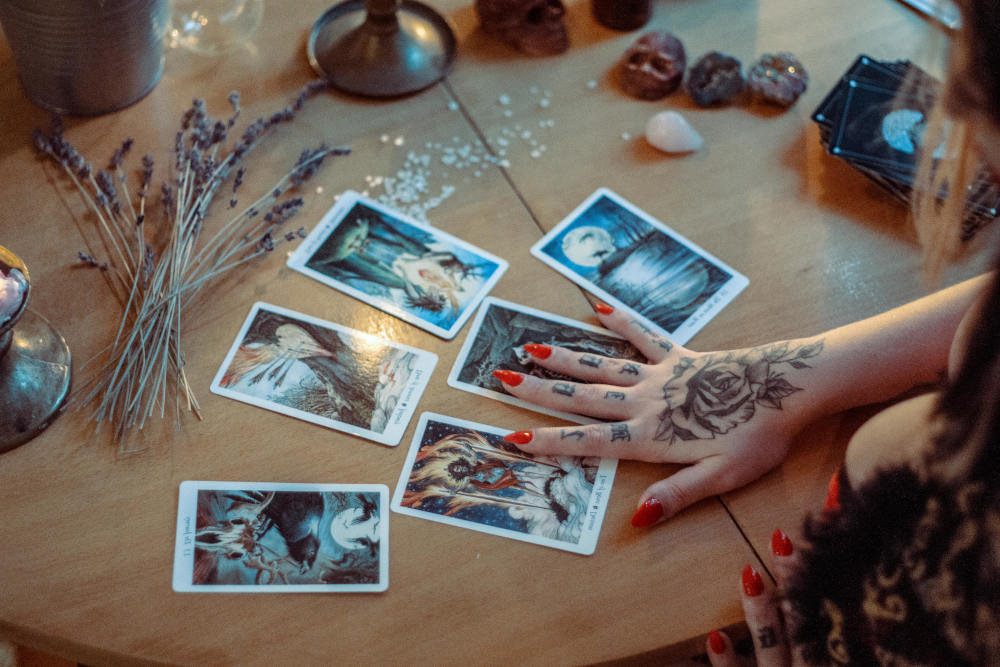
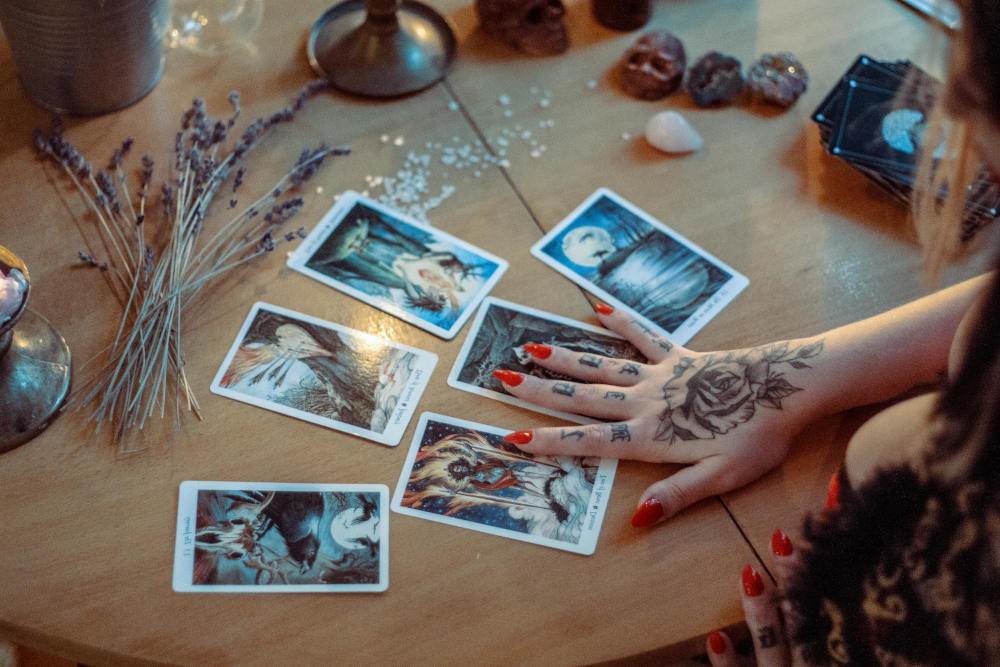
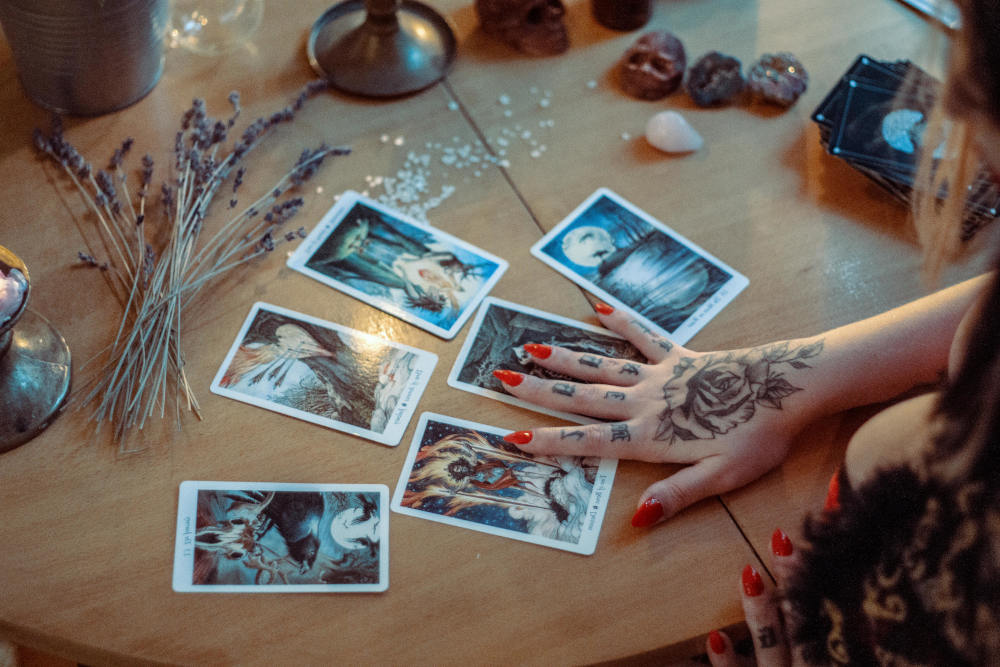
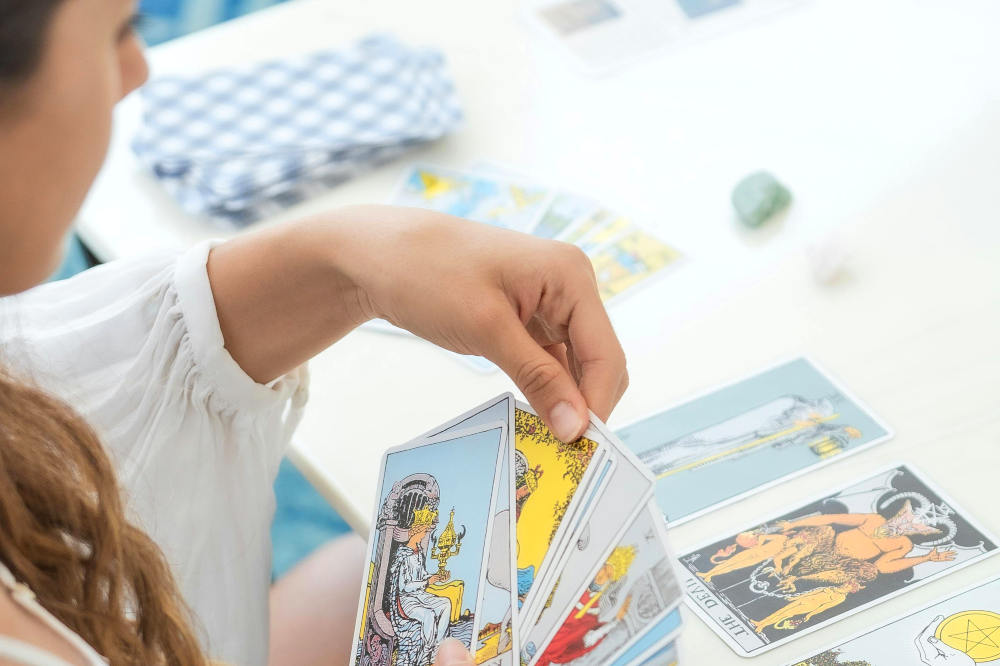
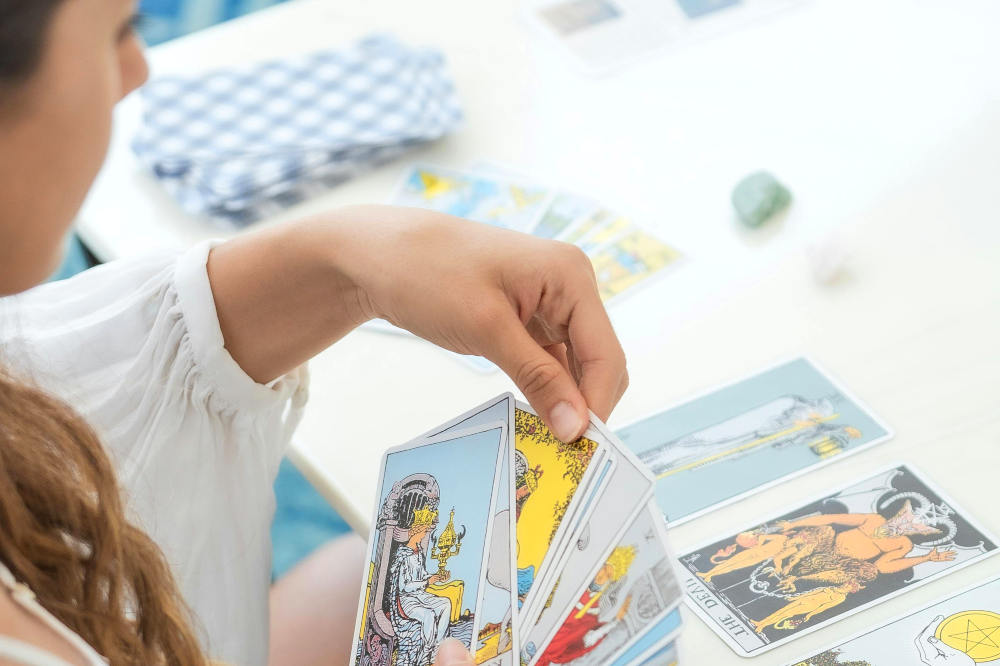
0 comments